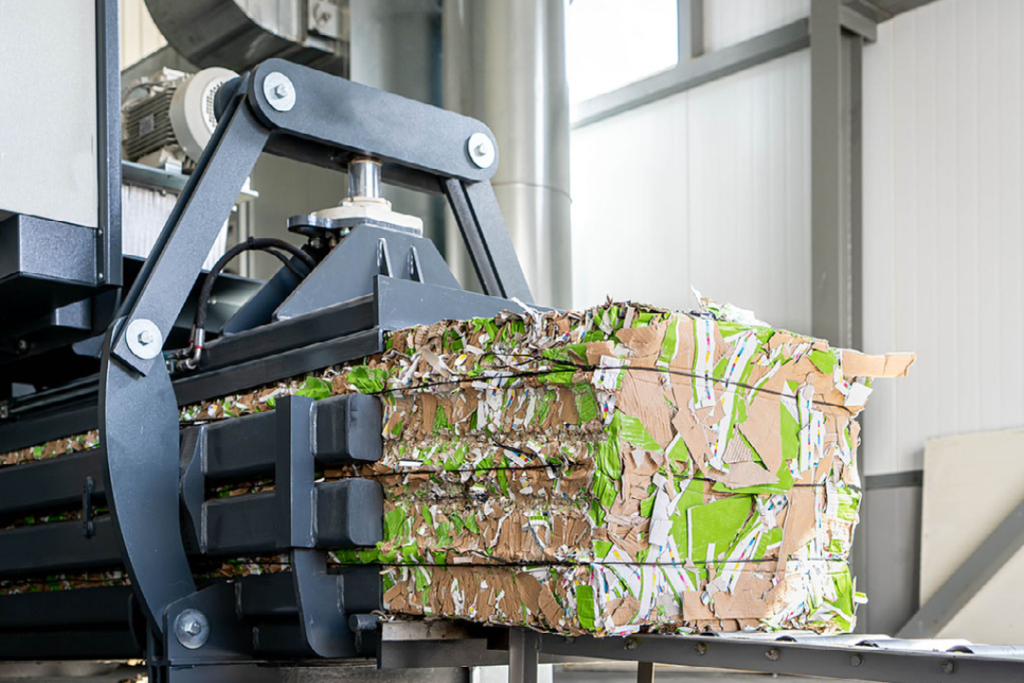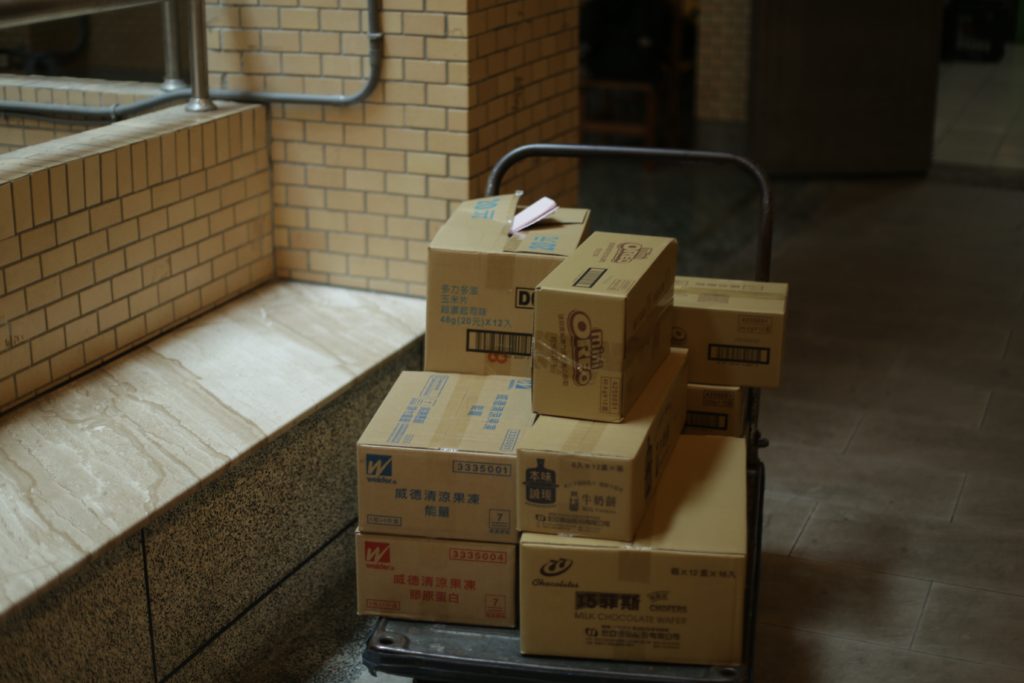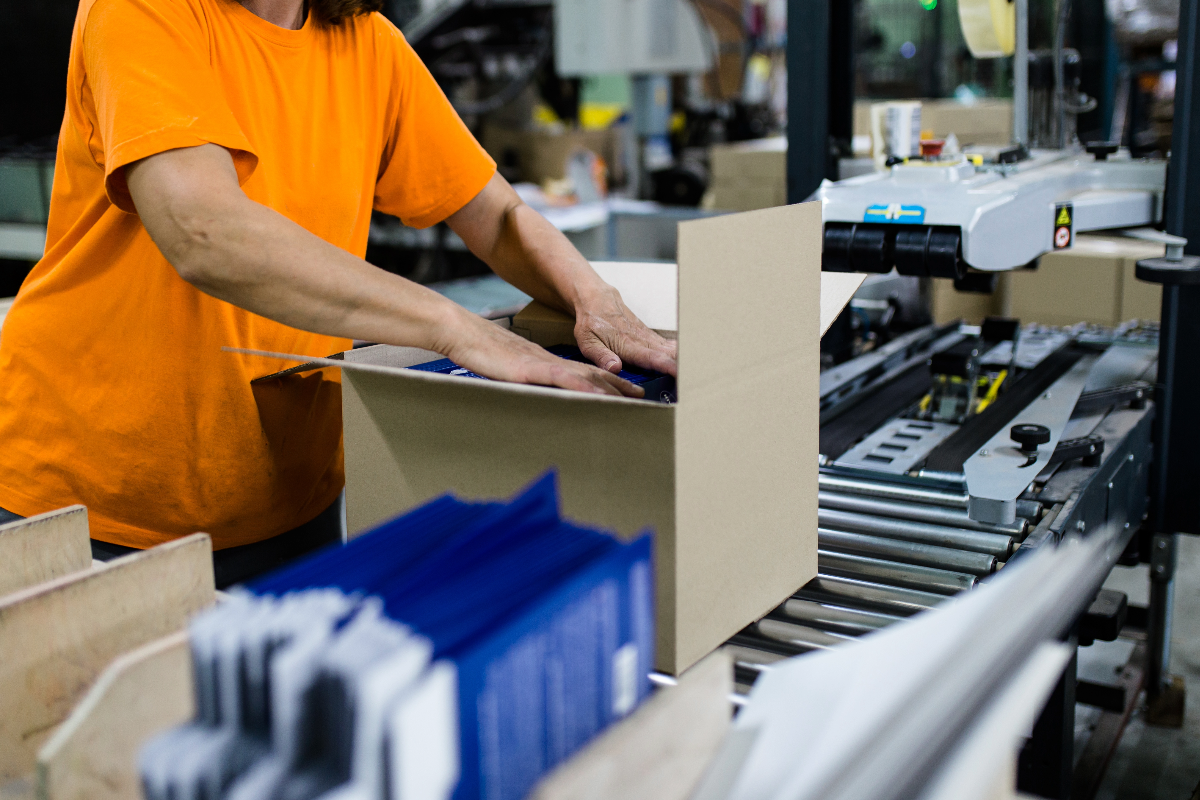BLOG
Defra confirm delay to Extended Producer Responsibility (EPR) Packaging Fees

After weeks of speculation, Defra confirmed on July 25th that fees for waste management under the new Extended Producer Responsibility (EPR) scheme for packaging will be delayed until 2025.
The fees were previously meant to be up and running in 2024, all based on the packaging data that businesses report for 2023. Now, the government have confirmed that these fees will not be rolled out until October 2025. This means that the new fees will not apply for the first year of EPR.
The fees were intended to reimburse local authorities for the costs associated with collecting and disposing of packaging waste. Any packaging that is classed as household waste or usually ends up disposed of in public bins has a fee attached to it. Packaging producers will now be liable for these charges under the new single point of compliance.
In addition to this statement, the government announced that they would give an indication of what producers can expect for the fees in 2024, depending on the different materials they report. In 2025, the new waste management fee will also vary depending on how easy to recycle the material is. The easier the packaging is to recycle, the lower the fee will be.
On the delay, the government said: “following extensive engagement with industry and in light of the pressure facing consumers and businesses in the current economic context” and that “the additional year will be used to continue discussions on the scheme’s design with industry and reduce the costs of implementation wherever possible.”
Why has there been a delay to Extended Producer Responsibility?
The government has put the delay down to the cost-of-living crisis. When the scheme was announced, obligated producers raised concerns that the waste management fees would cause a rise in the costs of their products. The waste management fees are expected to work out at an incredibly high rate for large producers. To cover these costs, they would need to raise the prices of their products.


What has stayed the same?
The waste management fees may have been delayed but the new data reporting obligation have not changed. Obligated large producers will still need to report their packaging data twice a year. Small producers will continue to report once a year. There’s no delay to the legislation as a whole. So the first deadline of October 2023 still stands for large producers to report their data.
PRN obligations will stay in place for the 2024 compliance year. This will be based on the packaging data from 2023. Until the waste management fees come into place in 2025, this will be the sole financial obligation for large producers. The consistent recycling collections for households will also come into effect after the EPR scheme is implemented.
Want to learn more about PRNs? Click the button below!
What’s the industry response to the delay to Extended Producer Responsibility?
Across the industry, the response to the news has been mixed.
The Local Government Association (LGA) called the decision “disappointing”. Cllr Darren Rodwell said the move means that local councils will lose “crucial momentum on ambitions to clean up our environment, while council taxpayers continue to pay for dealing with unnecessary and unrecyclable waste”. William Maxwell, Co-chair of CAGS (Community Action Groups) Oxfordshire, told LetsRecycle that the delay to the scheme will continue to put the “financial burden of managing packaging” on local governments, extending to taxpayers.
However, the chief executive of Food and Drink Federation (FDF) says the delay is “welcome news”. Karen Betts told LetsRecycle: “It’s a bold decision to go back to the drawing board and reappraise the scheme and the corresponding waste reforms but it’s the right one, especially in the current economic climate with inflation at record levels. The former chair of the Advisory Committee on Packaging, Phil Conran, said the delay “will be a huge relief to businesses caught under the ridiculous definition of household waste and will also give more time to ensure that the waste costs are properly shared across all large producers when they are finally applied.”
Our Director, Dan Pegram, says the delay will be received well by businesses. “The news will cause businesses up and down the country to breathe a sigh of relief. This delay is likely to save obligated businesses around £1 billion in the next year in additional costs. It’s likely to lift the burden on businesses and help to ease inflation costs too – which is incredibly important during the cost-of-living crisis.
“Hopefully obligated producers will use this delay to become more innovative in their packaging design to cut down on the amount they produce as well as, provide clearer recycling instructions for customers too.”
Contact Us
Navigating Extended Producer Responsibility (EPR) and the Packaging Waste Regulations can be difficult. Flame UK is on hand to support you through the process, keeping your business compliant. Get in touch today to learn more about how we can support your business.




